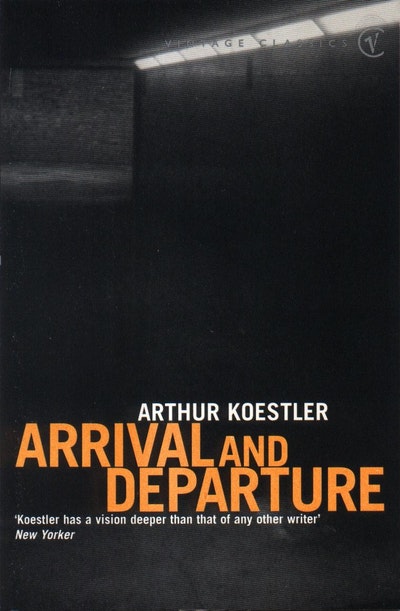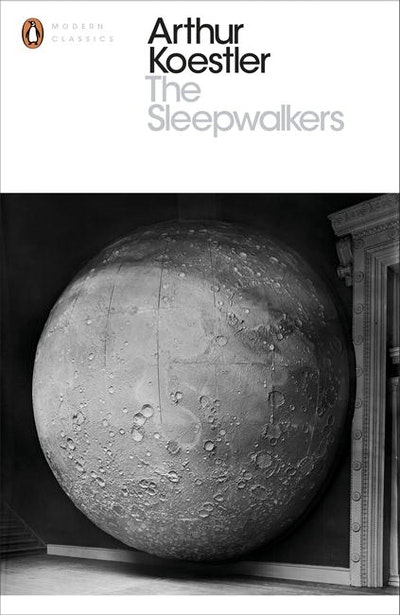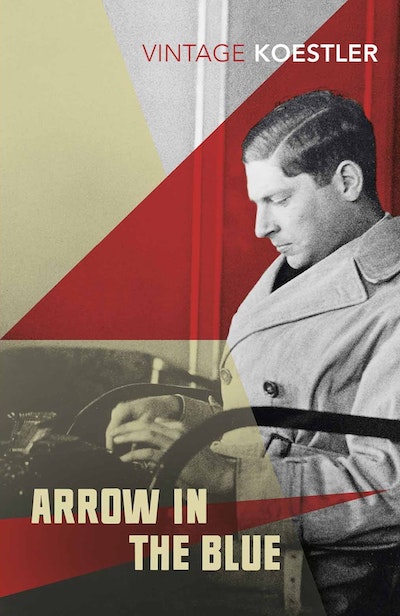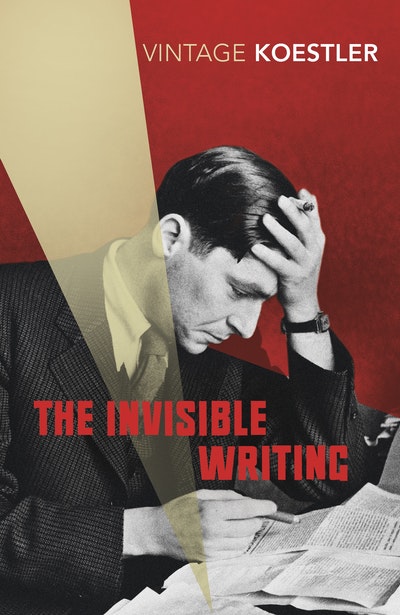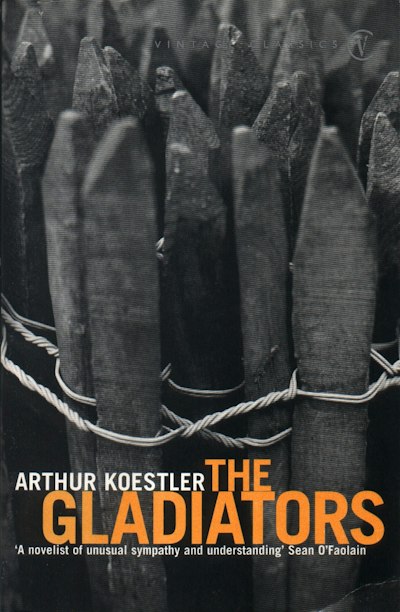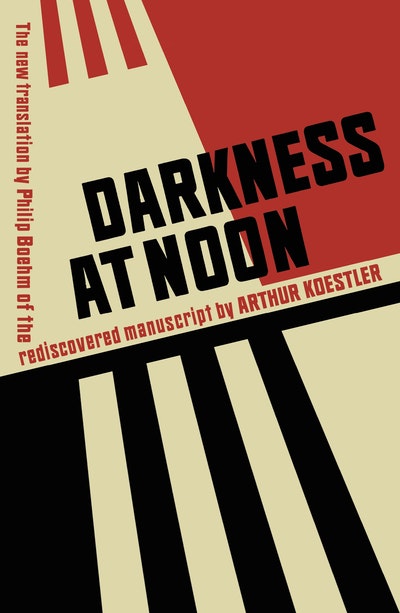[]
Arrival and Departure
Formats & editions
Buy from…
- Published: 1 December 2010
- ISBN: 9781409018773
- Imprint: Vintage Digital
- Format: EBook
- Pages: 192
Arthur Koestler has developed a descriptive power which is at once irresistible and unbearable...It is brilliantly done. Not the least impressive thing is the incidental picture, casually built up by a touch of colour here and there, of the city itself, with its polyglot population of every nation.
Daily Telegraph
His attitude is profoundly and honourably intellectual in that he sees life as a series of mental and moral problems to be solved, or at least to be clearly stated...I have criticised Arrival and Departure not as a current novel by which criterion the faintest doubt of its supremacy would be out of place, but as the enduring work of art which I believe it may prove to be. Its qualities are not only of a high but of an extremely rare order.
New Statesman
